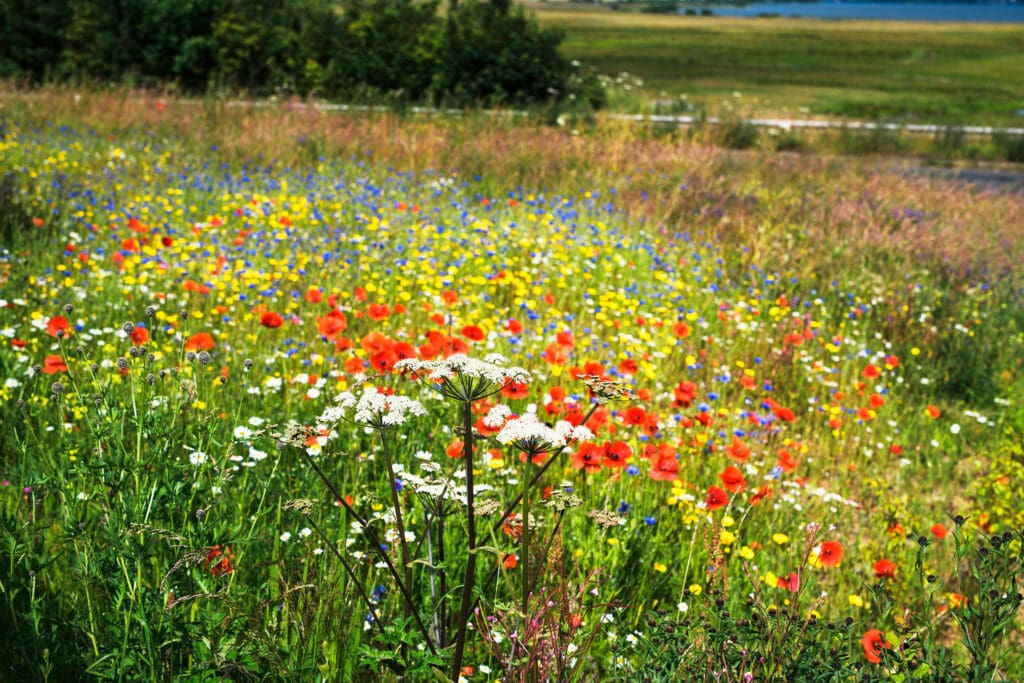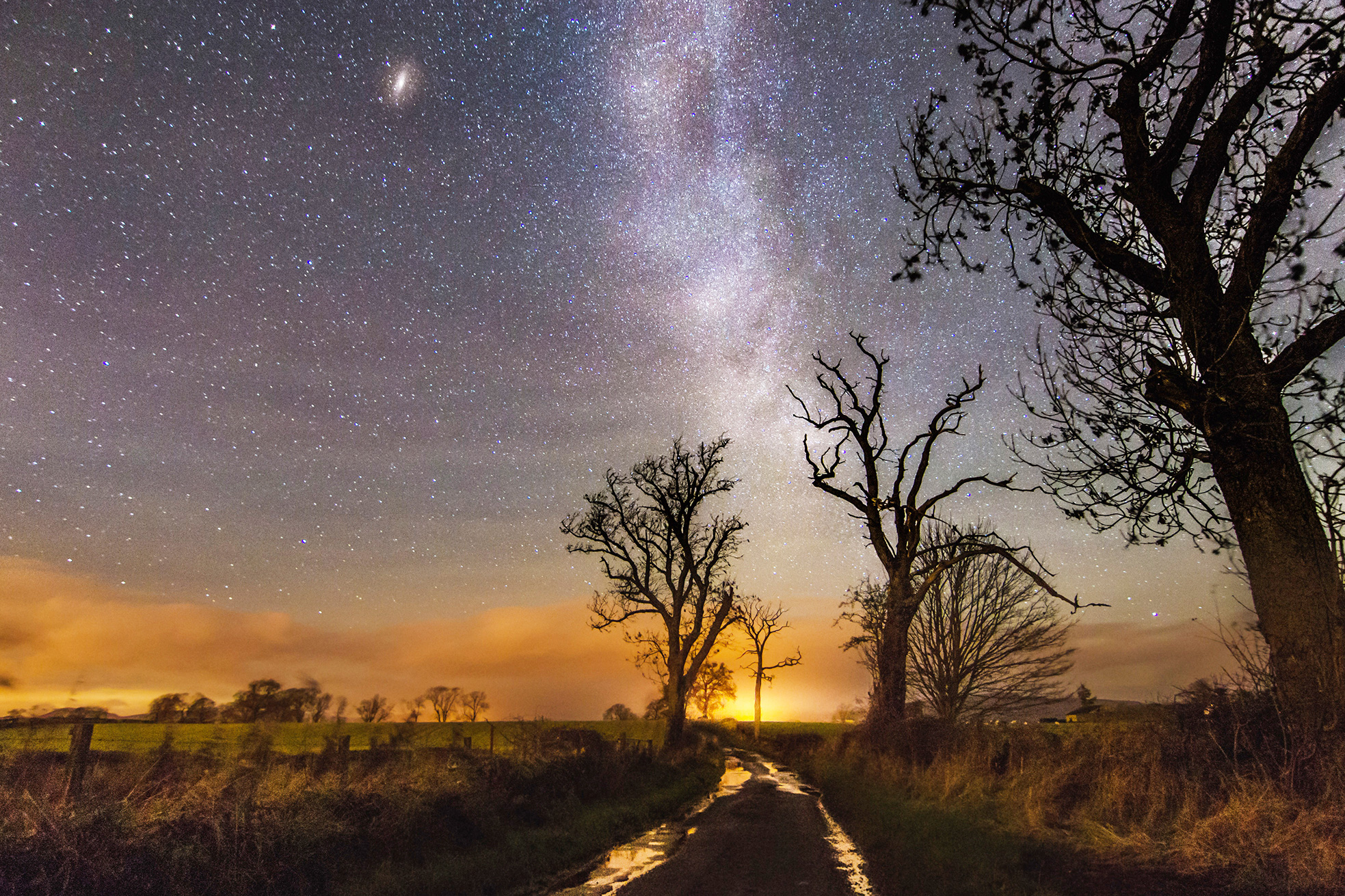I love walking at night. I’ve loved it since I was a child, going out with Dad. Our torches were a just-in-case, and by the time we’d walked away from our housing estate and off through the fields, our eyes had adjusted incrementally to the dark. Feeling safe holding Dad’s big, warm fireman’s hand, I could enjoy the thrill and audacity of it – up late, hoping to spot a Badger about its night business; bats, maybe an owl, or a Fox tripping lightly across our path.
I’ve not lost the habit. There’s still that audacious feeling of freedom and adventure, slipping away when others are occupied in brightly lit spaces, indoors. All the usual traffic of the day quietens and a heightened sensory awareness drives rumination away, making it necessary for you to be fully in the moment. Dad taught me to let my ‘eyes be themselves’ in the dark, allowing peripheral vision to kick in, picking up light, shape and movement quicker and inviting other senses to work harder. The night is your patch, but wilder, literally experienced in a different light.
We react at first with a nervier demeanour ourselves, particularly when coming across each other. There is a frisson of very real and sensible fear sometimes, understandable and pertinent. We are vulnerable and wary of others, of what we can’t see, know or predict.
Night walking is not normalised and we are conditioned to avoid it. But if you can find a way to do it where you feel and can be safe, it is so rewarding. Wild nights can be experienced in company, of course, though it pays to whisper or go about in companionable silence. There are often opportunities to join organised walks, with bat detectors or night-vision cameras and scopes. But you can do just as well from a garden, or even leaning out of a window with a leisurely cup of tea.
The night is your patch, but wilder, literally experienced in a different light
The results can be illuminating and memorable. Shooting stars from the annual Perseid meteor shower fly across reasonably dark skies from mid-July to late August, and on more urban forays, you may encounter Fox cubs leaving their dens or foraging Hedgehogs.
Nights are scented for moths, too, so follow your nose to search fragrant honeysuckle, phlox or Night-scented Stock as dusk falls, and take the time to watch Evening Primrose flowers snap open for nocturnal pollinators. Look and listen out for owls, and if you are near heathland or forestry clearings, listen out for the churring of the inquisitive and enchanting Nightjar.
It’s possible to perform a wild ‘night’ service to nature too, checking in and recording the presence of your crepuscular neighbours. You might discover a previously unknown Pipistrelle Bat maternity roost and witness a steady stream of these little bats leaving the eaves of a municipal building. Or, invest in a bat detector for your phone and uncover the presence of local species, or on a warm, still, moonless evening, find the ethereal, yellow-green lanterns of Glow-worm beetles in the grass.
Regardless, you’ll get home refreshed, more alive and lit by an inner, celestial glow, the night air fresh on your cheeks.

Join a RSPB event
There are a wealth of exciting events and days out at RSPB nature reserves across the country for you to add to your calendar, including many night-time walks and experiences.
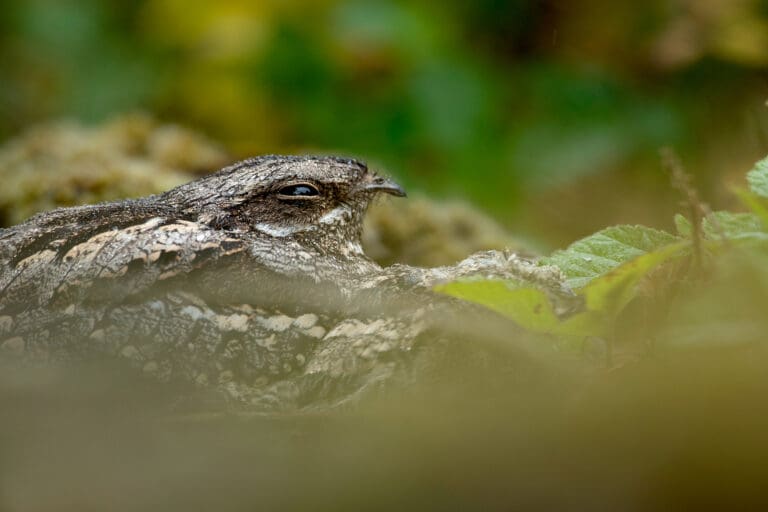
Nightjar. Photo: Ben Andrew (rspb-images.com)
You might also like
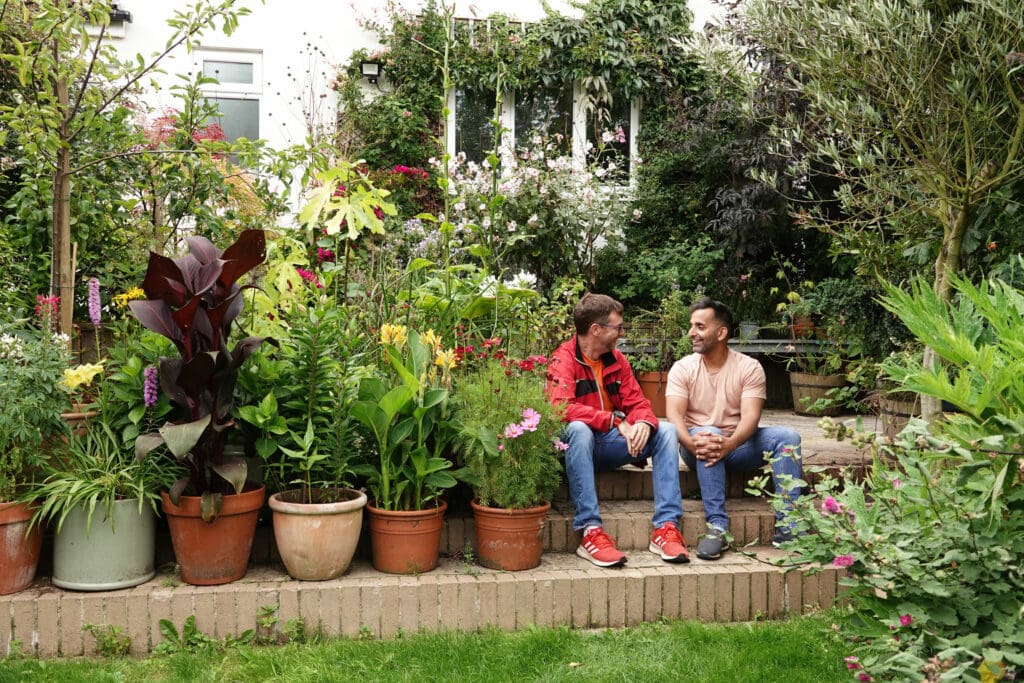
Nature’s therapy
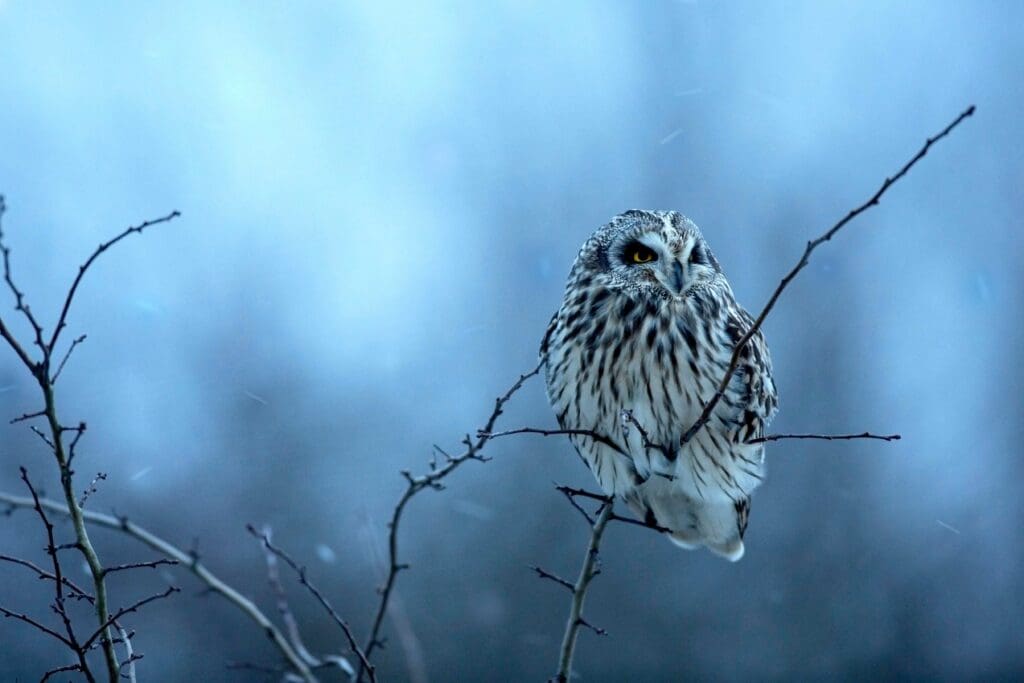
Short-eared Owls in winter
